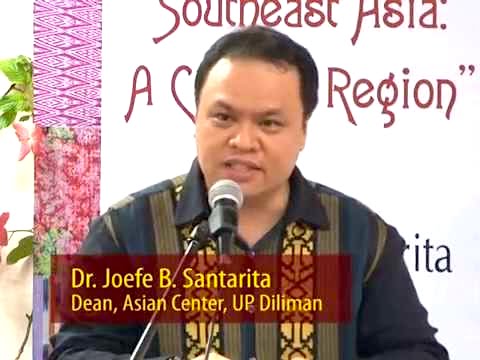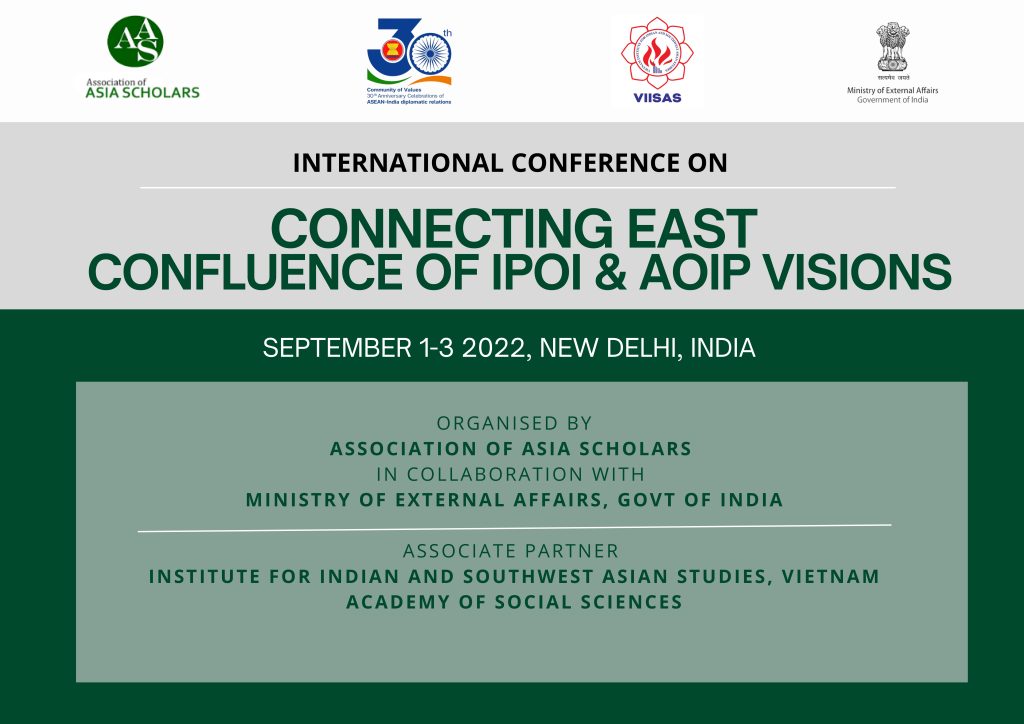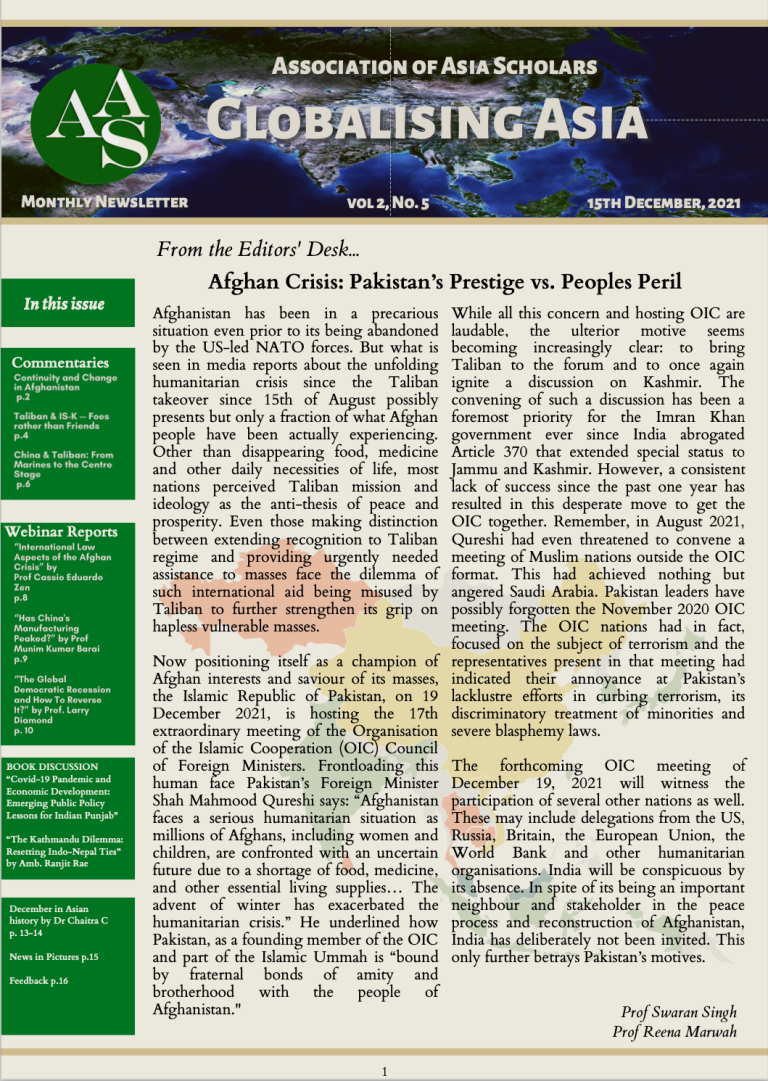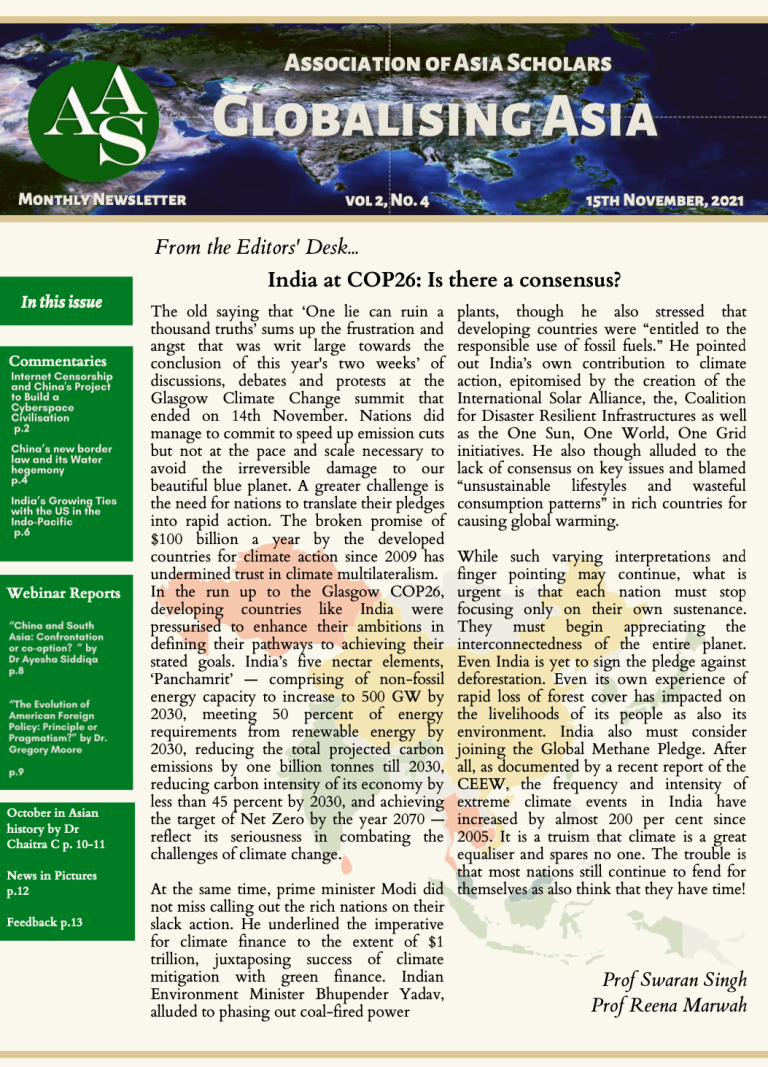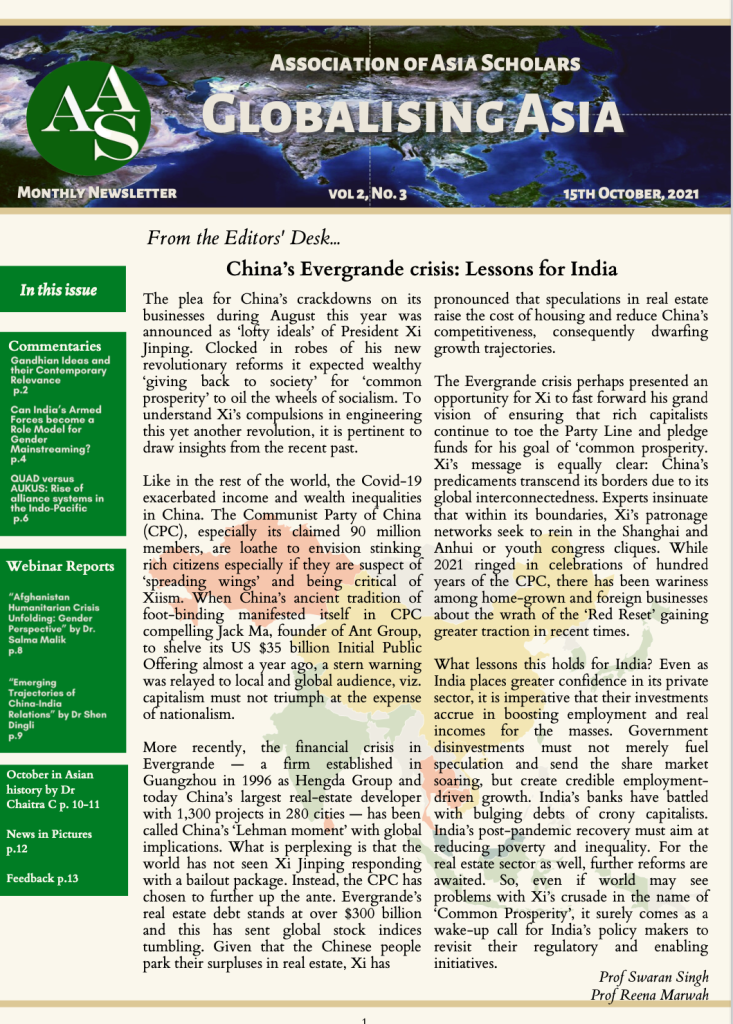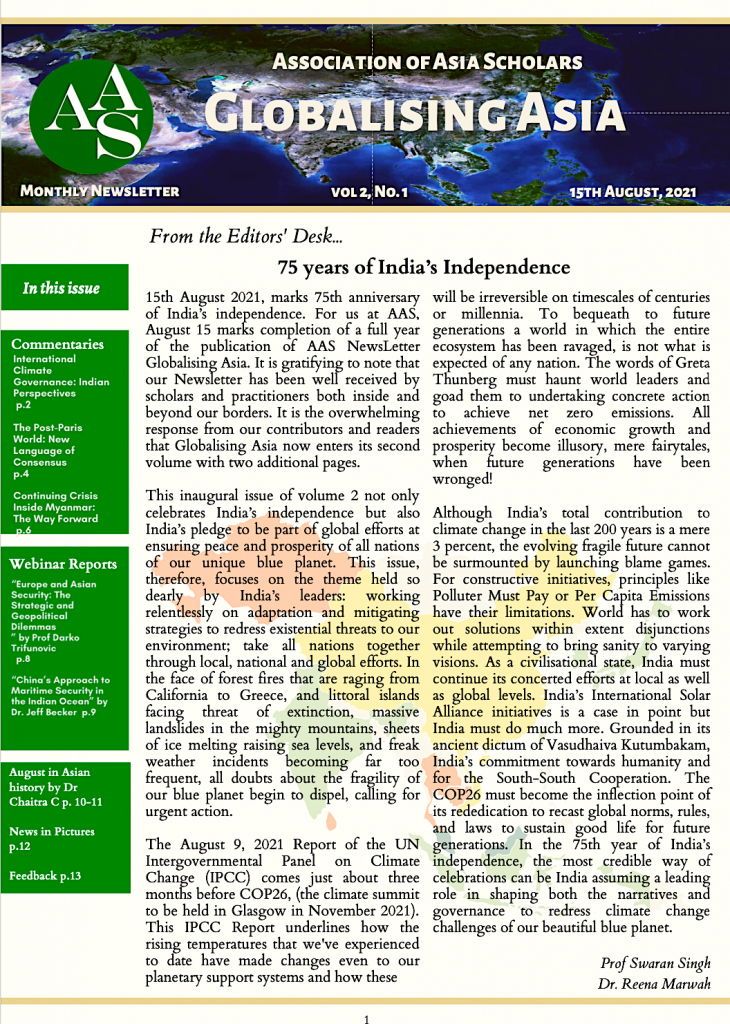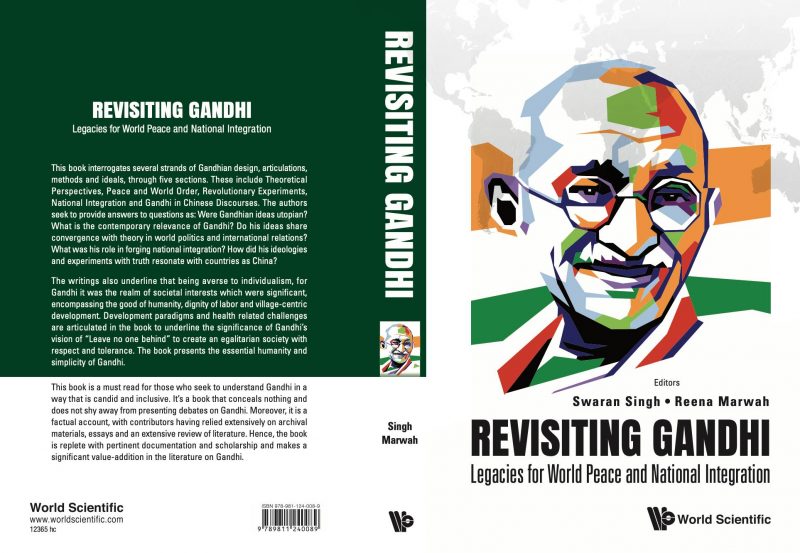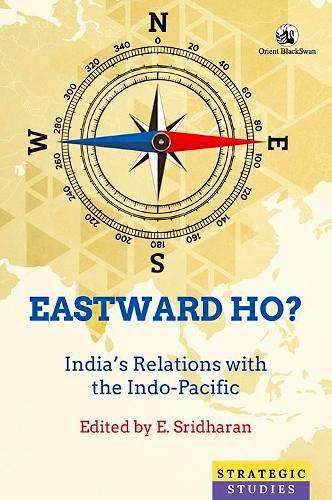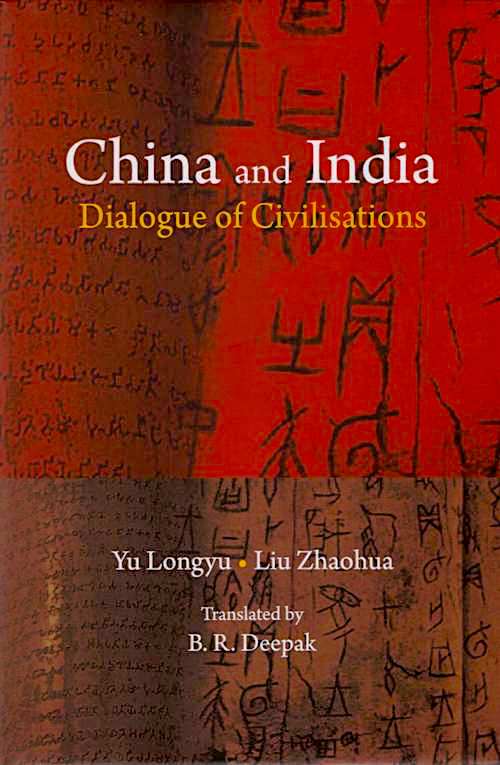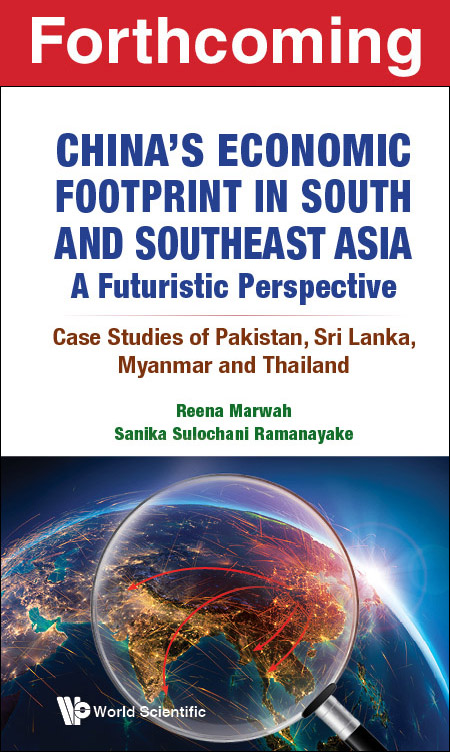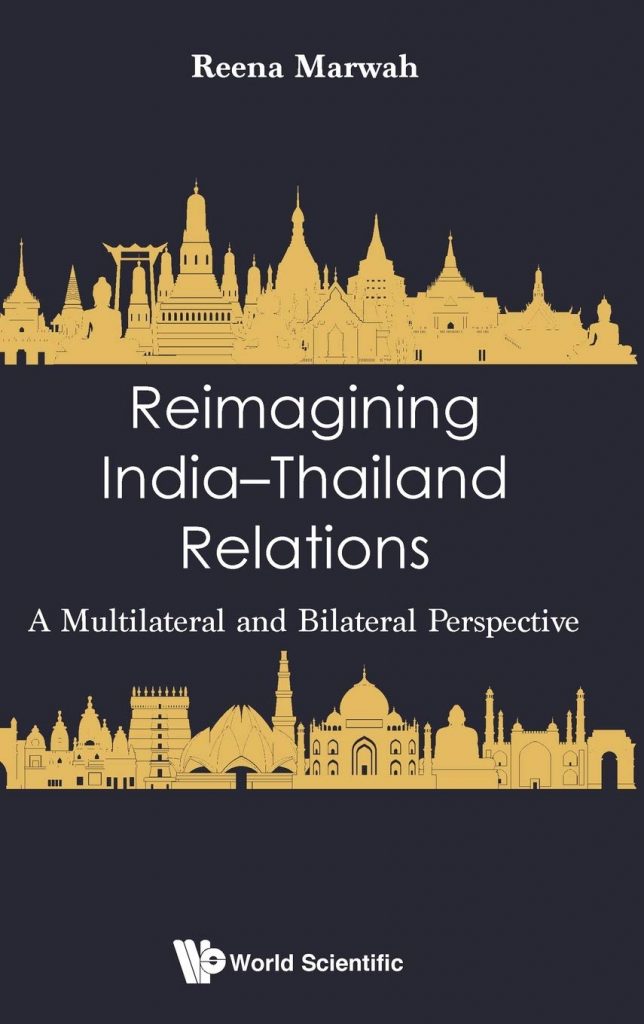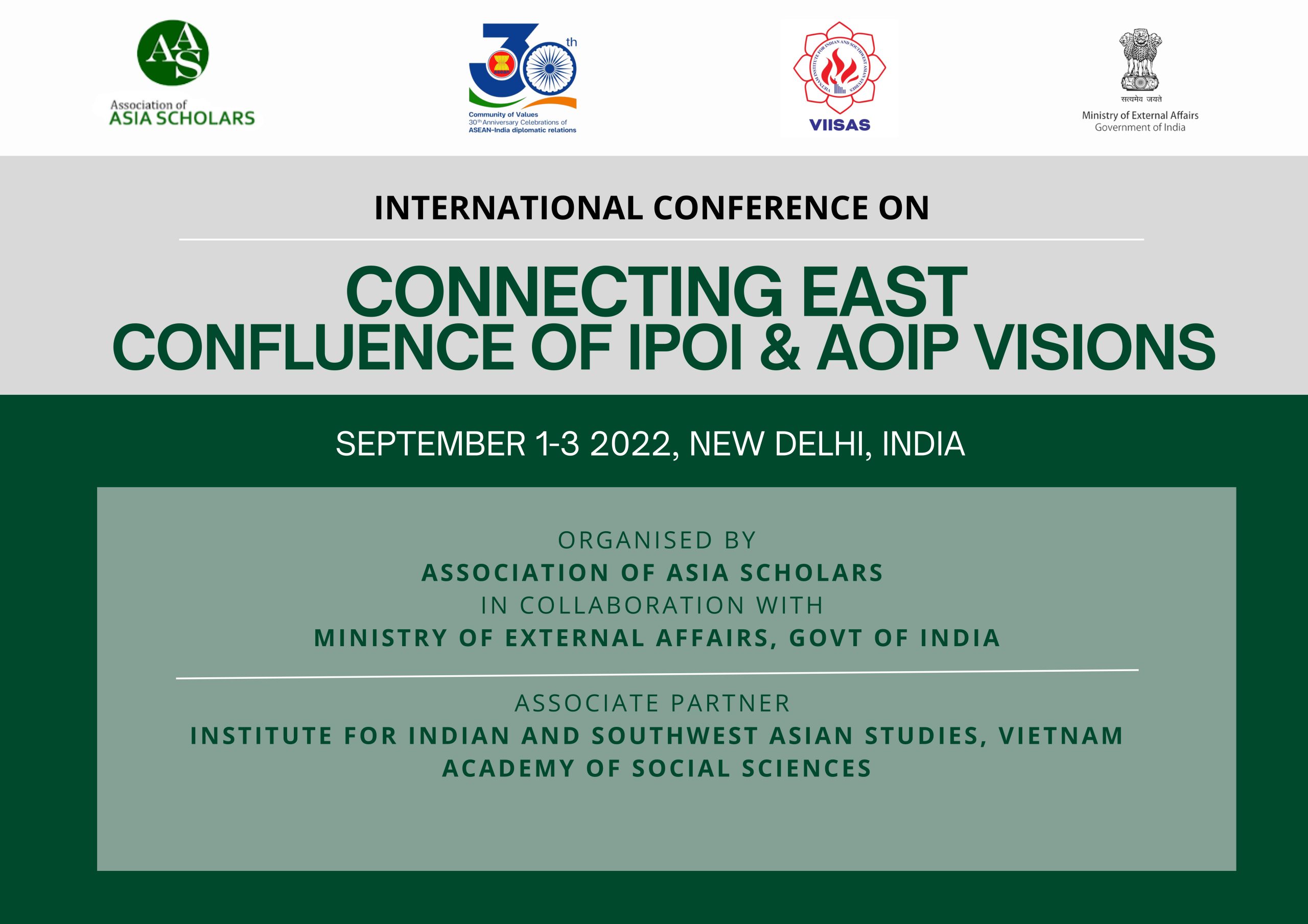
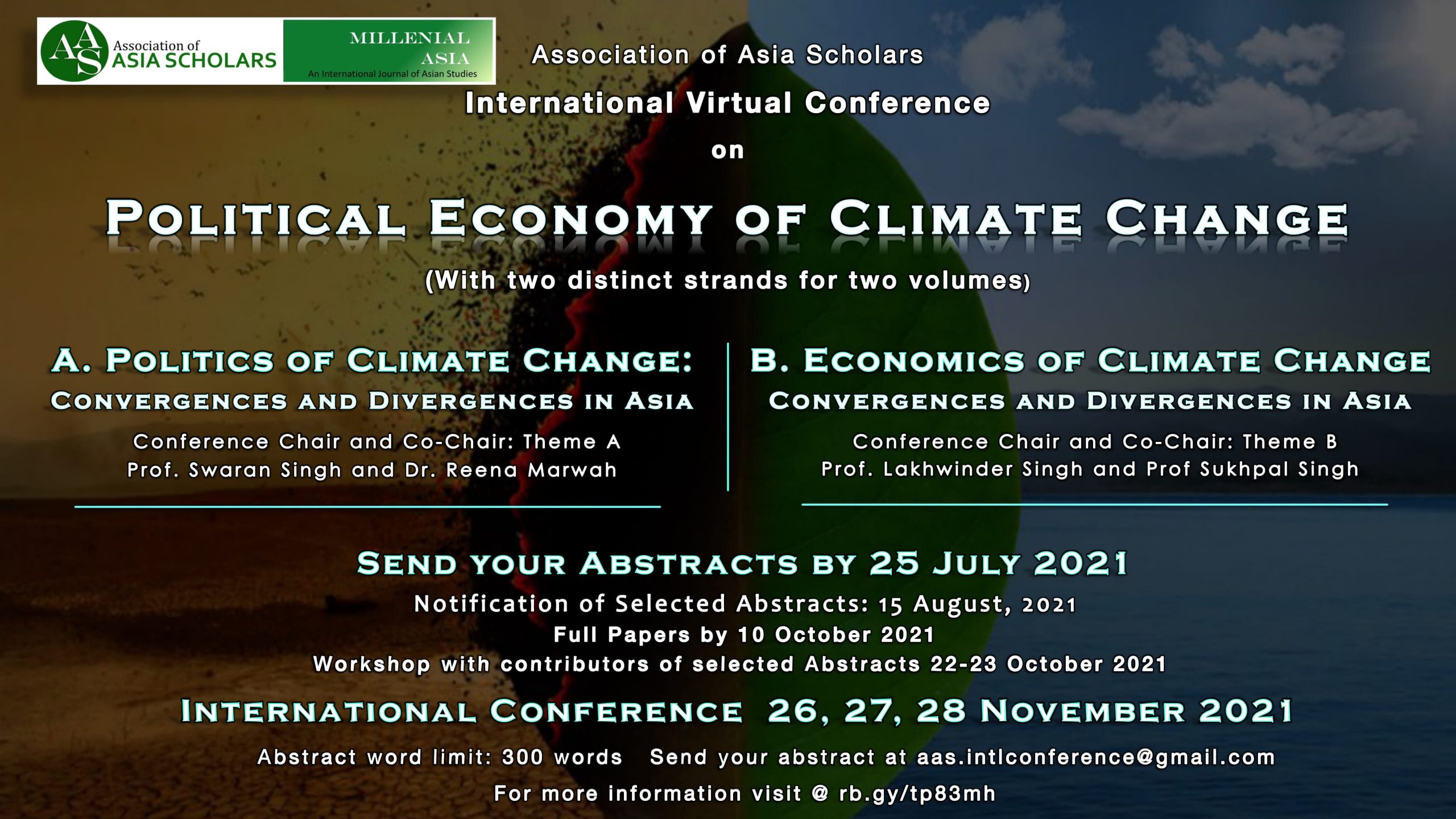
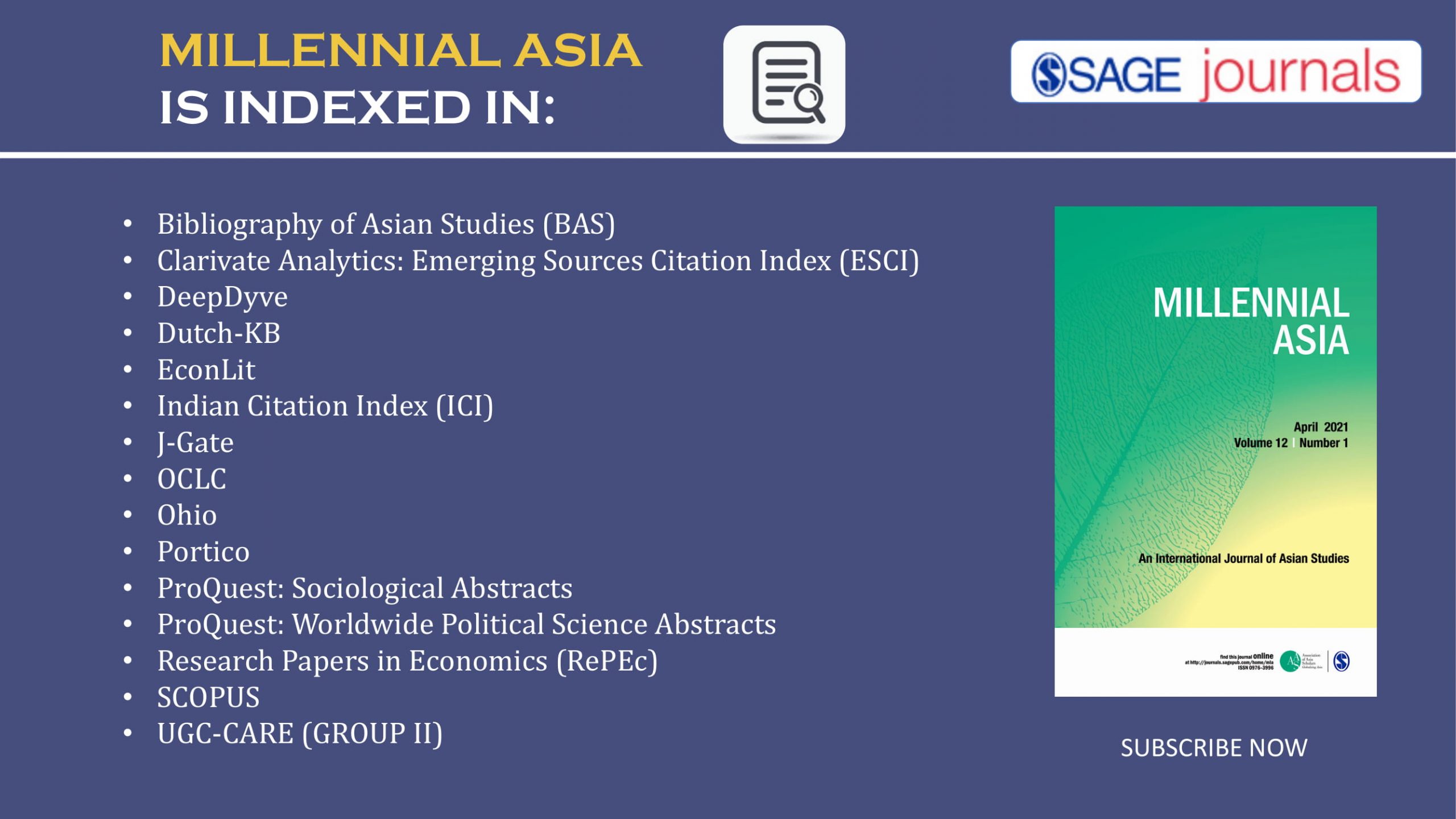
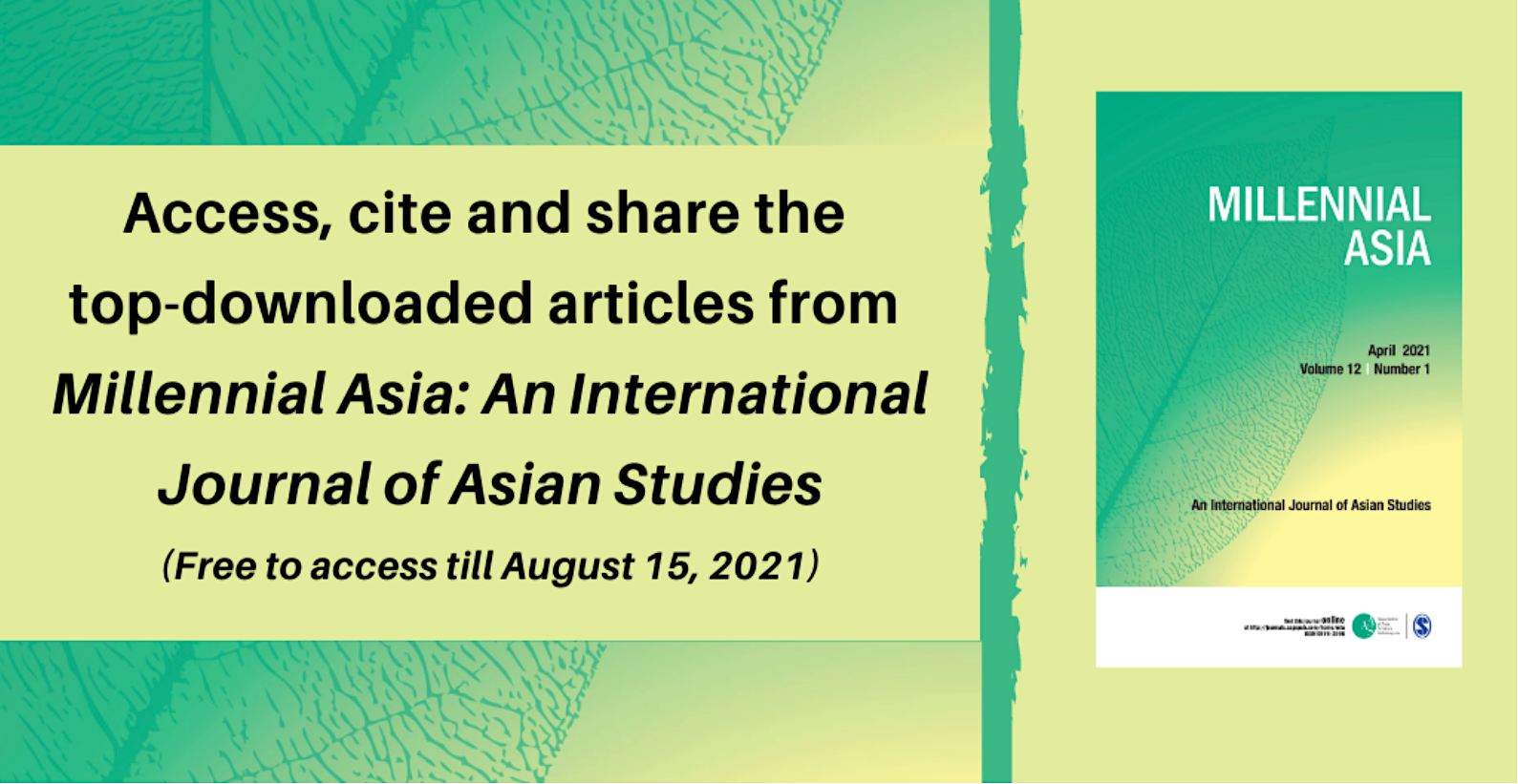


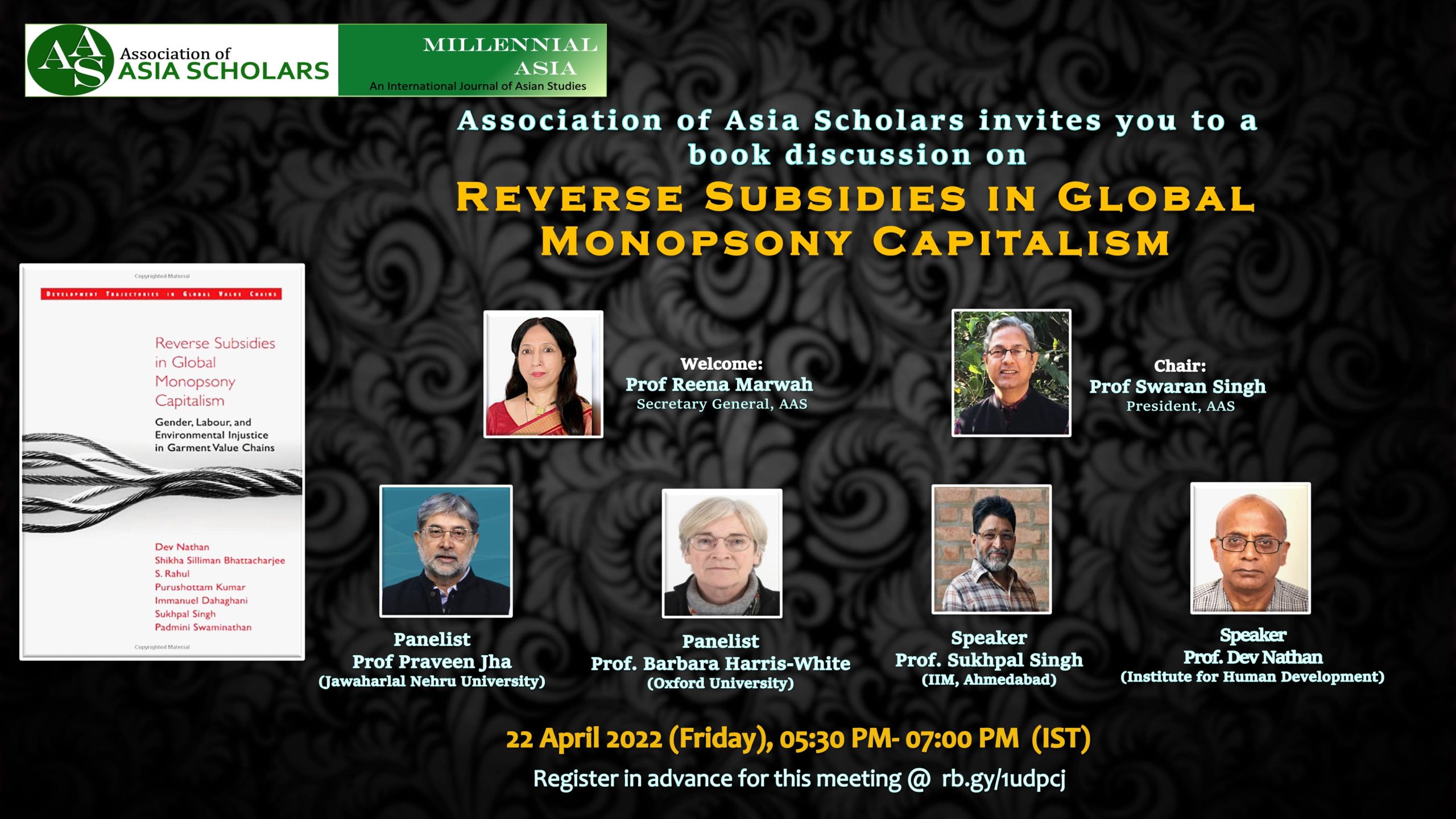

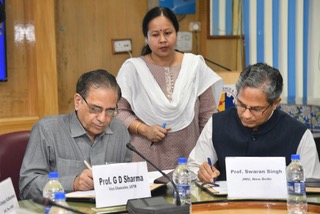
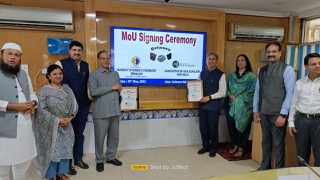
Upcoming Events

The raison d’etre for a book on BRICS is not only due to its emergent dynamism and expansion but also from the fact that the international system is moving towards a more independent direction, bringing together nations which are desirous of engaging in trade in their own currencies and developing organic solutions for complex challenges as terrorism, climate change and trade barriers among others.
The informal alliance of rising economies known as BRICS—which stands for Brazil, Russia, India, China, and South Africa, plus five new members and expanding—aims to gain more influence in the world economy. BRICS was created in 2009 with the conceptualisation that international organizations were no longer supportive of emerging nations and were disproportionately dominated by Western nations. The group has worked to establish new financial institutions, lessen reliance on the US dollar, and coordinate the political and economic strategies of its members. On a number of issues, including as ties with the US and Russia’s invasion of Ukraine, BRICS has, nevertheless, suffered from internal conflicts. Its expanding membership, meanwhile, is creating new conflicts and impacting the existing world order.
Hence, the book will unravel answers to questions as: What is the motivation for nations to join BRICS? How can the engagement of multiple small and middle powers result in a transformed world order? How will India participate in a grouping that China seeks to dominate? How will BRICS contribute to reforming the UN system?
Tentative Outline of Chapters for BRICS volume
This can include chapters on rise of BRICS as alternative to Western-dominated economic arrangements and BRICS role in reshaping global trade, investment and financial flows
This can include chapters on efforts to establish reformed global order with reformed institutions
This can include chapters on BRICS balancing regional aspirations esp of emerging powers
This can include chapters on BRICS collaborative strategies addressing poverty, inequality e.g. New Dev Bank as well as BRICS contribution to UN SDGs; can also include BRICS work on Climate crisis mitigation
This can have chapters exploring into how BRICS is building shared constituencies to connect their diverse histories, cultures, identities. It can include chapters on BRICS promoting inter- and multi-cultural connections to promote their combined soft power together
This can include chapters on BRICS’ work on AI, Blockchain, space explorations and other critical and emerging technologies , as well as chapters on BRICS unique ways of using technology to promote economic growth and social change
This can have chapters on BRICS emerging as most attractive platform for promoting equity and justice for Global South nations and chapters on BRICS ways of institution building to redefine global financial governance and security architecture
This can include chapters on how BRICS deals with challenges of pandemics, wars, violence, ideological polarisation and/or chapters addressing issues of BRICS future expansion and its future trajectories and influence etc.
Sub themes ( not limited to the following):
Tentative Timeline
March 1: Deadline for submission of Abstracts
March 5: Notification of Acceptance of Abstracts
March 31: Submission of draft chapters
April 12, 2025 (Saturday): Hybrid Workshop with contributors of chapters.
ABSTRACTS ARE TO BE SUBMITTED VIA E-MAIL TO PROFESSOR REENA MARWAH @ aassouthasia@gmail.com.
Association of Asia Scholars in collaboration with Ministry of External Affairs, Govt. of India had organised a three day International Conference themed on, “Connecting East: Confluence of IPOI and AOIP Visions” on September 1-3, 2022 (Thursday~Saturday).
For more information visit @ https://rb.gy/j48dtn

“Reverse Subsidies in Global Monopsony Capitalism” discussion on 22 April 2022, 5:30 PM (IST).
Prof. Darko Trifunovic (Director, Institute for National and International Security, Republic of Serbia and Editor, Security Science Journal) addressed AAS Webinar on the theme, “Europe and Asian Security: Strategic and Geopolitical Dilemmas” on 21st July 2021.
Prof Taniguchi Tomohiko (former Advisor to Prime Minister Shinzo Abe, currently Professor at Keio University Graduate School of System Design and management, Tokyo) addressed AAS Webinar on the theme, “QUAD: Genesis and Future Trajectories” on 16 June 2021.
Asanga Abeyagoonasekera (Senior Advisor to Opposition Leader of Sri Lanka and former Director-General of Institute of National Security Studies, Ministry of Defence, Sri Lanka) addressed AAS Webinar on the theme “Sri Lanka’s Geopolitical Challenges: Past and Present” on 5th May 2021.

Memorandum of Understanding (MoU) signed between Association of Asia Scholars, New Delhi and University of Science & Technology (USTM), Meghalaya, on May 13, 2022.

AAS Monthly Newsletter
New Books
